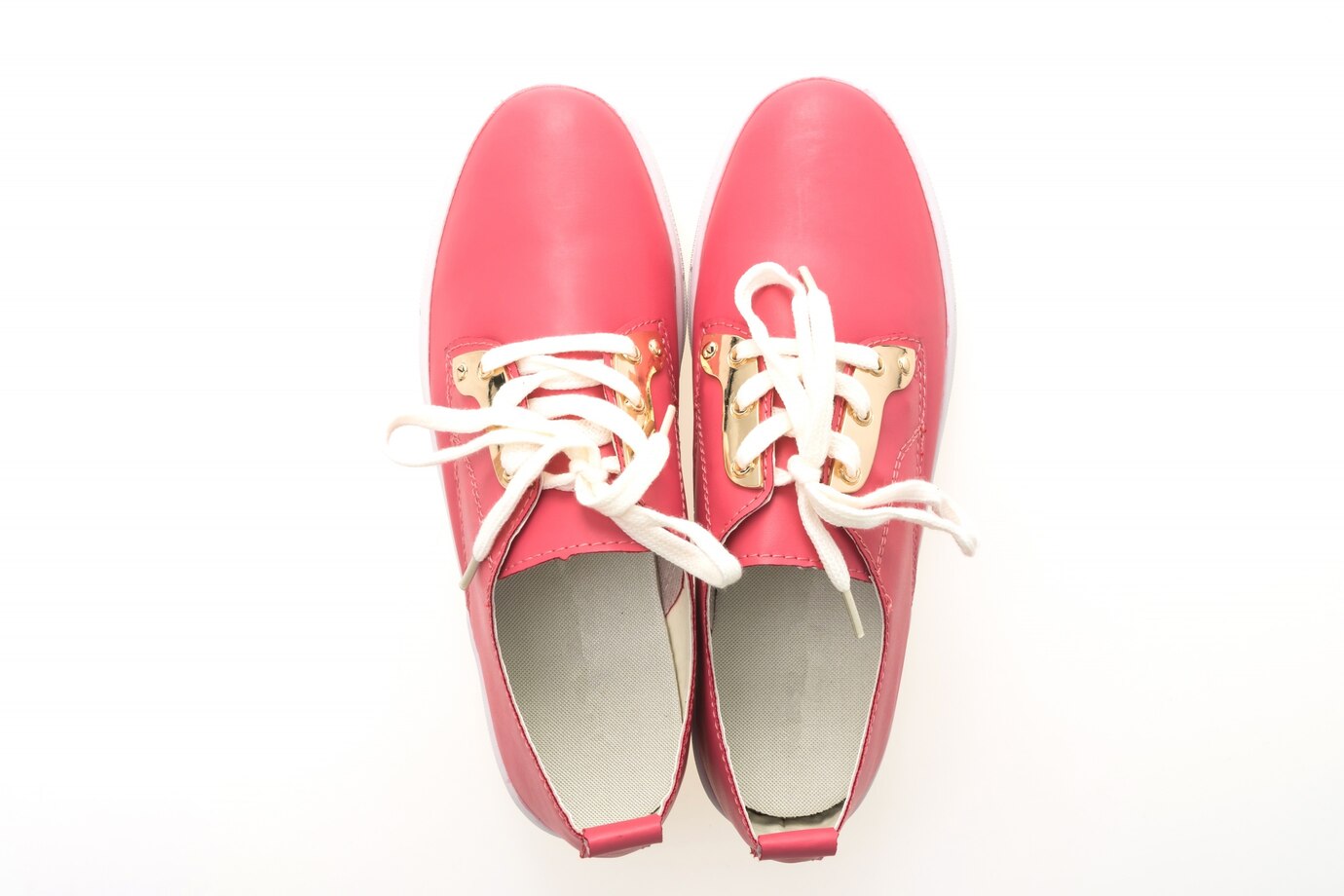In a bid to reduce their environmental footprint and meet the growing demand for sustainable fashion, shoemakers around the globe are stepping up their efforts to prioritize eco-friendly materials and production methods. From established footwear brands to emerging designers, the industry is witnessing a surge in stylish yet sustainable footwear options that offer consumers a guilt-free way to walk through life.
The shift towards sustainable footwear reflects a broader trend within the fashion industry towards environmentally conscious practices. With consumers becoming increasingly aware of the environmental impact of their purchasing decisions, there is a growing demand for products that are not only stylish but also ethically and sustainably produced.
One of the key strategies adopted by shoemakers to enhance sustainability is the use of eco-friendly materials. Traditional materials such as leather are being replaced with alternatives such as recycled plastics, organic cotton, and sustainable cork. These materials not only reduce the environmental impact of footwear production but also offer consumers durable and stylish options that align with their values.
Moreover, shoemakers are reimagining their production processes to minimize waste and pollution. Many brands are implementing innovative manufacturing techniques, such as 3D printing and zero-waste pattern cutting, to reduce material waste and energy consumption. Additionally, some companies are investing in renewable energy sources and carbon offsetting initiatives to further mitigate their environmental impact.
In addition to eco-friendly materials and production methods, sustainability is also being prioritized throughout the entire lifecycle of footwear. Brands are increasingly focusing on durability and repairability, designing shoes that are built to last and can be easily repaired or resoled to extend their lifespan. This shift towards a more circular approach to footwear not only reduces waste but also encourages consumers to invest in quality over quantity.
The rise of sustainable footwear is not just a passing trend; it’s a reflection of a broader cultural shift towards sustainability and ethical consumption. As consumers become more conscious of the impact of their fashion choices, they are seeking out brands that share their values and prioritize environmental and social responsibility.
While progress has been made, challenges remain in terms of scaling sustainable footwear production and making it accessible to a wider audience. However, as more shoemakers embrace sustainability and consumers continue to demand eco-friendly options, the future looks promising for a footwear industry that puts the planet first.
In conclusion, the rise of sustainable footwear represents a step towards a more sustainable and ethical fashion industry. By prioritizing eco-friendly materials and production methods, shoemakers are not only reducing their environmental impact but also paving the way for a more conscious and responsible approach to fashion consumption.

